 The body remembers trauma and often times creates protective holding patterns even after the most obvious symptoms of pain have dissipated. What, for the body, appears as a defense mechanism to avoid the reoccurrence of pain, has the potential to translate into muscular, postural, and biomechanical imbalances and compensatory responses.
The body remembers trauma and often times creates protective holding patterns even after the most obvious symptoms of pain have dissipated. What, for the body, appears as a defense mechanism to avoid the reoccurrence of pain, has the potential to translate into muscular, postural, and biomechanical imbalances and compensatory responses.
Our state of mind affects our body, and the state of our body affects our mind. In Traditional Chinese Medicine (TCM), it’s believed that grief is stored in the lungs; anger in the gallbladder/liver; and fear in the kidneys/bladder. It’s interesting then to note how we may grind our teeth when stressed and repressing anger (the meridians for the gallbladder and liver pass through the jaw) or how we feel like we have to urinate when we’re nervous, or even end up with pain in the low back (where the kidneys are located and considered a kidney reflex area in Chinese Medicine).
Just think about it the next time you feel sad—do your shoulders round forward? Your chest cave in? Your breathing get shallow and tight? This can cause anterior (front) muscles to become tight/constricted and posterior (back) muscles to be elongated. Whether concentrically contracted (shortening) or eccentrically contracted (lengthening), muscles on both sides of the body are holding tension which can create a physical imbalance.
Our state of mind affects our body, and the state of our body affects our mind. Peace of mind can help to create peace in our body.
